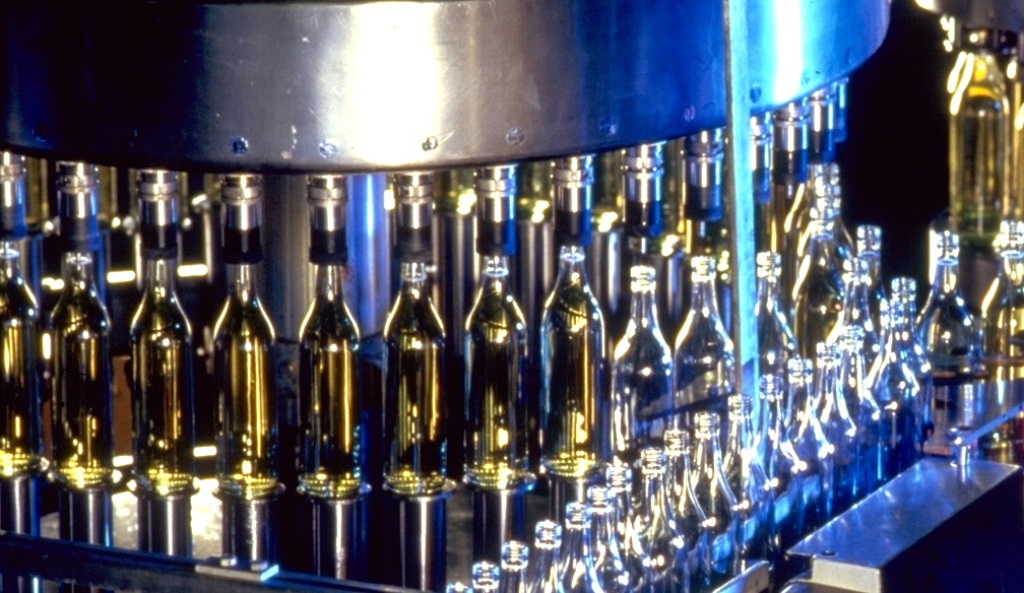
As the political discussions on the ongoing revision of the Packaging and Packaging Waste Regulation (PPWR) are gaining momentum and the votes of the European Parliament’s IMCO and ITRE Cttee are just around the corner, the time has come to focus on what really matters – the inner values.
In attempts to make the Commission’s proposal more ambitious, some are flirting with the idea of simplifying Article 26 by introducing a common, aggregate re-use target – instead of assessing the status-quo and needs of product categories, one by one.
Without shedding any doubts that re-use models can have environmental benefits, for spirits drinks, mandatory re-use targets do not make sense if one is out to minimize the environmental burden and maximize consumer protection.
Life cycles including use and consumption patterns differ significantly between different foodstuffs and beverages, so called fast-moving consumer goods. Spirits drinks constitute a particular category, which, in comparison with other beverage categories, is typically marked by a much longer active life span and slower movement speed of the glass bottle. Also, spirits bottles are typically opened and closed several times over a considerable period of time for serving pours which is not the case for beers (single opening) and considerably less so for wine.
For instance, a bottle of an imperishable spirit drink holding 22 servings (that should not be consumed by an individual consumer during a single drinking occasion) has, on average, a considerably longer active life span than a bottle of, for instance, beer. In the latter case, the bottle is typically emptied within minutes of the first (and only) opening which is – with the occasional exception in high-volume on-trade settings – not the case for spirits bottles.
Spirits drinks are unique as the vast majority of spirits do not deteriorate in quality once the packaging is opened, unlike other (alcoholic) beverages. This fact substantially expands the average active life span of glass bottles in the case of spirits.
Therefore, we call on the European co-legislators to follow the European Commission’s assessment and refrain from the introduction of mandatory re-use targets for spirits drinks.